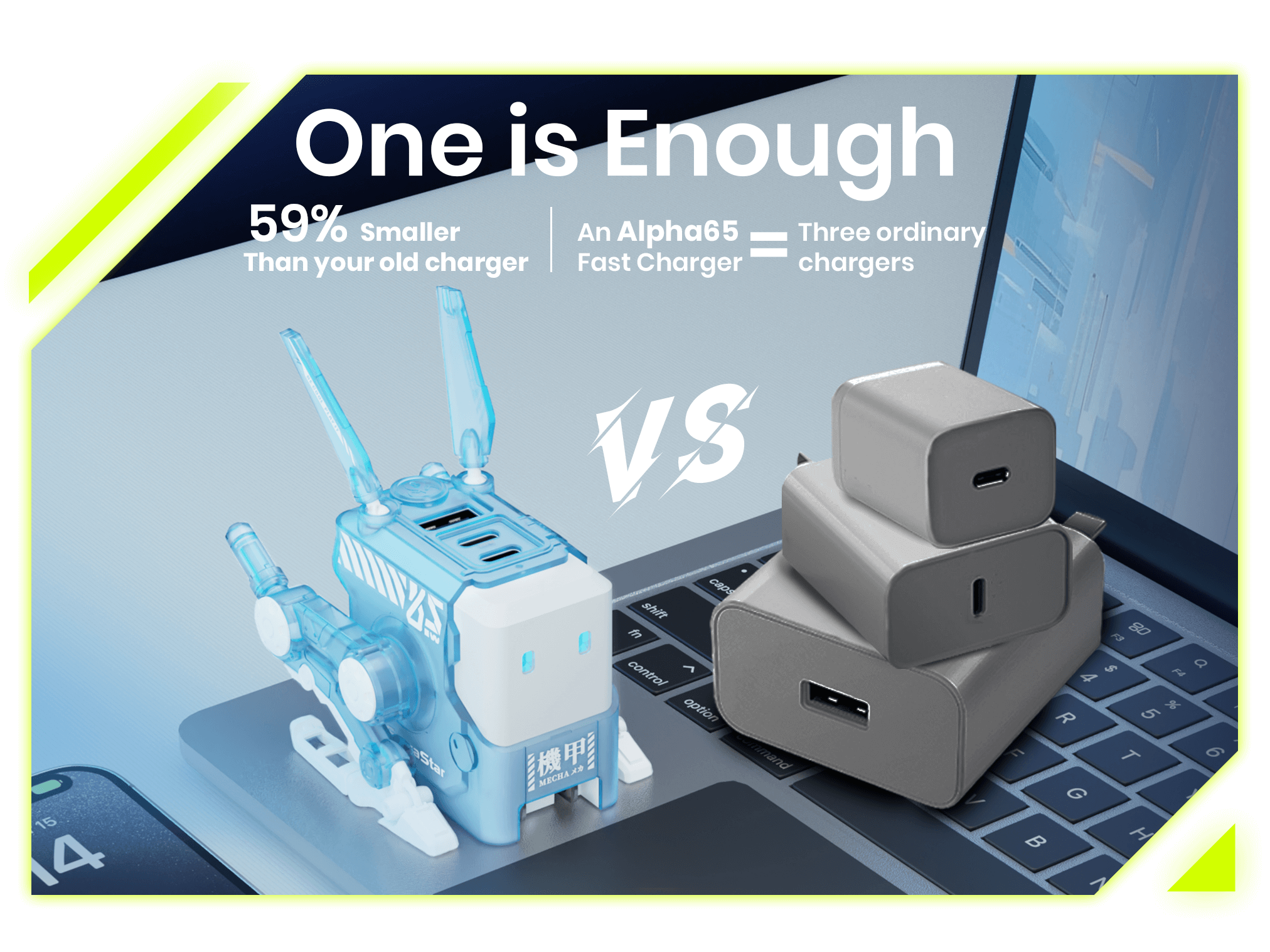Blog Information
- Posted By : Winters Reeder
- Posted On : Feb 19, 2024
- Views : 253
- Category : Cars
- Description : The Science Behind Fast Charging: How it Works and Benefits None Industry
Overview
- Fast ChargeOk, so let's look over here fast charge.
Fast charging, also known as quick charging or rapid charging, is a technology that enables electronic devices to charge at a much faster rate than conventional charging methods. This innovative approach to charging has revolutionized the way we power our devices, offering numerous benefits to various industries and consumers alike.

Understanding the Technology
The science behind fast charging revolves around the efficient transfer of power from the energy source to the device being charged. This is achieved through the optimization of voltage and current levels, allowing for a higher rate of energy transfer without causing damage to the device's battery.
By utilizing advanced charging algorithms and specialized hardware, fast charging systems can deliver a higher power output to the device, resulting in significantly reduced charging times. This technology has been implemented in a wide range of devices, including smartphones, electric vehicles, and portable electronics.
The Benefits Across Industries
The adoption of fast charging technology has brought about numerous benefits across various industries. In the automotive sector, electric vehicles equipped with fast charging capabilities can significantly reduce charging times, making them more practical for everyday use. This has contributed to the widespread acceptance and adoption of electric vehicles as a viable alternative to traditional combustion engine vehicles.
In the consumer electronics industry, fast charging has become a key selling point for smartphones and other portable devices. The ability to quickly recharge a device's battery has enhanced the overall user experience, allowing individuals to stay connected and productive without being tethered to a power outlet for extended periods.
How Fast Charging Works
Fast charging operates by delivering a higher current to the device's battery, allowing it to charge at a much faster rate than standard charging methods. This is achieved through the use of specialized charging protocols and compatible hardware, which work together to optimize the charging process and minimize charging times.
For example, some fast charging systems utilize pulse charging, which delivers short bursts of high current to the battery, followed by brief periods of rest. This approach helps to minimize heat generation and prevent damage to the battery, ensuring safe and efficient charging.
Future Developments and Innovations
As the demand for fast charging continues to grow, researchers and engineers are constantly exploring new ways to improve the technology. This includes advancements in battery design, charging protocols, and energy transfer efficiency, all of which aim to further reduce charging times and enhance the overall user experience.
One area of particular interest is wireless fast charging, which eliminates the need for physical connections between the charging source and the device. This technology has the potential to revolutionize the way we power our devices, offering unparalleled convenience and flexibility.
In conclusion, the science behind fast charging is a fascinating and rapidly evolving field that has the potential to reshape the way we power our devices. By understanding the technology and its benefits across various industries, we can appreciate the significant impact that fast charging has had on our daily lives and look forward to the exciting developments that lie ahead.
References
